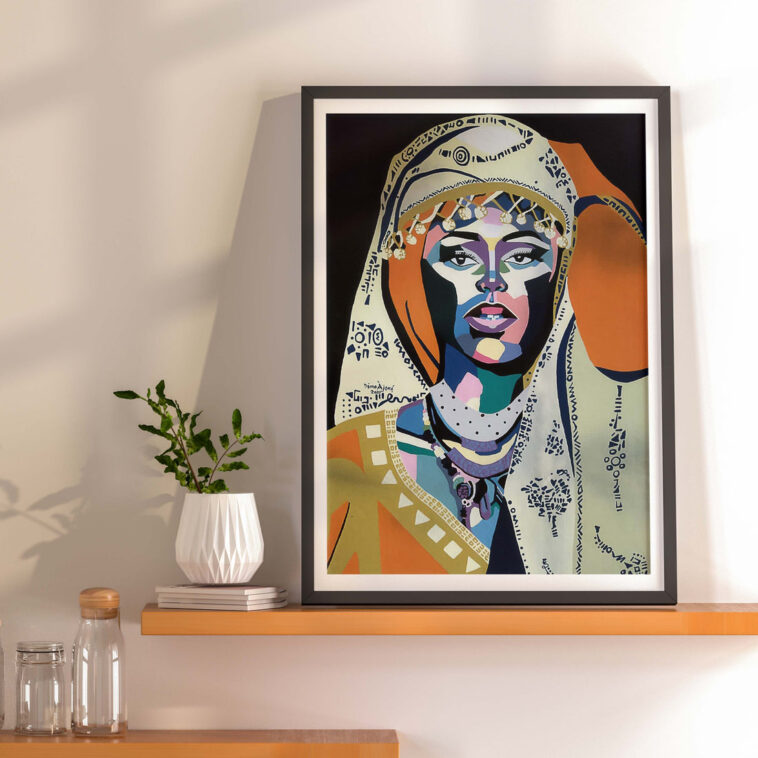Raknida,a Nigerian art-tech platform is set to revolutionize how people experience art through an innovative streaming approach. Raknida, founded by Anthony and Afoma Ezeokoye, aims to make art as accessible as music, challenging traditional art consumption methods.
The startup has secured a significant milestone with a $100,000 grant from Arch Grants, a non-profit organization based in St. Louis, USA. Out of 574 applicants, Raknida stood out as the only non-US startup selected, earning both financial support and an Entrepreneurship Excellence award.
Global art markets present a compelling opportunity for expansion. Statistically, the United States dominates with 42% of global art sales, followed by China at 19% and the United Kingdom at 17%. These markets represent a strategic focus for Raknida’s growth strategy.
The platform’s core mission extends beyond commercial success. Raknida seeks to provide a digital stage for underrepresented artists worldwide, not limiting itself to African creators. The founders emphasize their commitment to global artistic representation, stating that artistic marginalization is not region-specific.
As part of the grant agreement, Raknida will relocate 51% of its operations to St. Louis. The company is already establishing connections with local art institutions, including the St. Louis Art Museum, which recently hosted an African art exhibition.
The art streaming concept addresses a significant market gap. While music has Spotify, books have Kindle, and films have Netflix, art lacks a comparable digital platform. Raknida aims to fill this void, making art consumption more democratic and accessible to ordinary people.
The global art market presents both opportunities and challenges. Currently valued at $27 billion, the market has traditionally been dominated by wealthy collectors. The art streaming segment is already valued at $11 billion, with projections suggesting growth to $20 billion by 2032.
Technological disruption comes with inherent risks. The art market’s centuries-old ecosystem is deeply entrenched, particularly in regions with high concentrations of billionaires. China’s art market growth, for instance, correlates directly with its increasing number of billionaires.
Raknida’s approach recognizes the economic limitations in its home market. Rather than focusing solely on African markets, the startup strategically targets regions with established art ecosystems and disposable income.
The platform’s long-term vision extends beyond immediate commercial success. By creating a digital space that democratizes art appreciation, Raknida challenges the notion that art is exclusively for elite audiences.
Strategic expansion plans include future market entries into the United Kingdom and China, which together with the United States, represent the most significant art markets globally. The remaining market is predominantly occupied by European countries like France, Switzerland, Germany, and Spain.
As Raknida prepares to launch its art streaming platform, it represents more than a technological innovation. The startup embodies a vision of artistic accessibility, bridging geographical and economic barriers through digital technology.
The journey from a Nigerian startup to a potential global art platform demonstrates the transformative power of innovative thinking and strategic technological solutions.
 We just launched our WhatsApp channel. Want to get the latest news from the Tech in Africa?
We just launched our WhatsApp channel. Want to get the latest news from the Tech in Africa?


